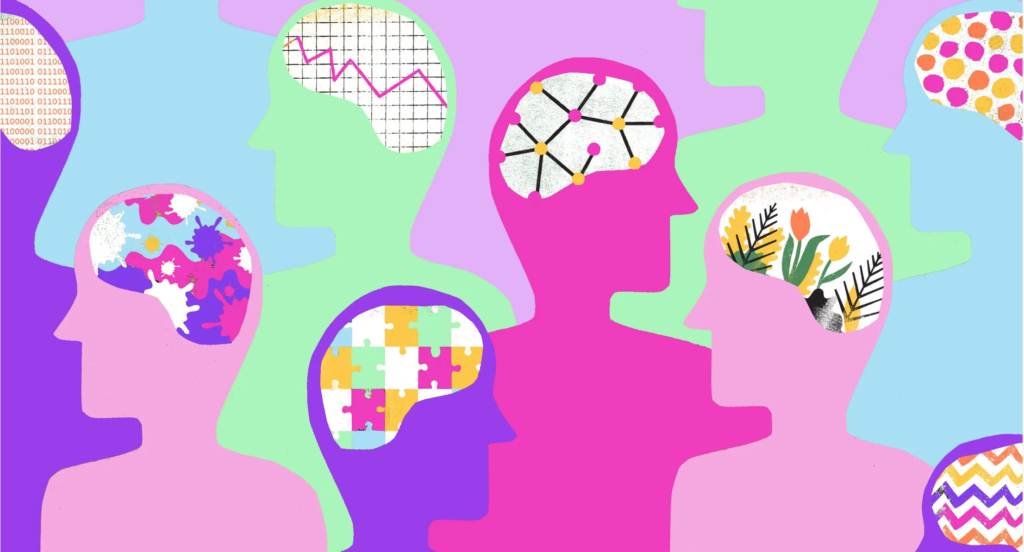By SHANNON SKAE, Health Coach at Revive with Shan
Content warning: Suicide
Poor mental health continues to be a crisis in South Africa, with recent numbers showing that over one-third of South Africans are affected. The South African Depression and Anxiety Group (SADAG) reported that since October 2021, suicide numbers have increased.
SADAG reports that there are an estimated 23 suicides and 460 attempted suicides per day in South Africa. It is unclear how many go unreported. Calls to the SADAG helpline have significantly increased from 600 per day to approximately 2200.
The increase in attempted and completed suicide rates is attributed to poor mental health, which is compounded by the consequences of COVID-19. These include the ever-changing lockdown levels, job loss, low employment rates for recent graduates, separation from families and friends, poor physical health, little to no exercise, a struggling economy, isolation, and the ongoing uncertainty as to exactly when COVID-19 will be under control. Coupled with media consumption such as social media and negative comments and stories found online, people receive the continuous message that the world is not safe.
This is not an easy place to find ourselves in. It is no surprise that many are experiencing poor mental health such as anxiety, and depression, among others.
We are now two years into life with COVID-19. The initial empathy, kindness, and the understanding that we are all suffering through this together seem to be lost. Many treat this as the new normal and forget the real consequences COVID-19 has caused to our lives. There are those expected by their employers or even their families to ‘get on with it’ or ‘shrug it off’. This is not fair or kind; we do not know how people may suffer, especially because distress caused by poor mental health is largely invisible.
If people feel that others do not understand their mental health, they may become more isolated and depressed than they already are. Or they may feel too anxious to reach out to others for support. This, unfortunately, may amplify their depression and anxiety and add a greater sense of loneliness and disconnect from the community.
Community is essential here because mental health is a societal issue that applies to everyone. While we may suffer alone, many of us – a third of us – experience poor mental health. Take a look around you the next time you are in a queue at a shop. Every third person in front of you is potentially suffering from depression, anxiety, or other mental health illness or disorder.
We cannot continue to treat poor mental health as something removed from us; we only isolate others even more and exacerbate their distress. Suicide can be prevented if we create safe and caring spaces for people to reach out and feel supported and heard. Let us be more compassionate towards others, especially as we enter the festive season, a time in the year when stress and depression may worsen.
If you, or a loved one, are experiencing distress, please reach out for help and support.
National helplines:
LifeLine South Africa: 0861322322
Suicide Crisis Line: 0800567567
South African Depression & Anxiety Group: 0800121314
Adcock Ingram Depression and Anxiety Helpline: 0800708090
In Makhanda, these support structures are available:
Settlers Hospital (Milner Street): 046 602 5000
Settlers offers acute psychiatric services for emergencies: please visit casualty to access these services.
Settlers Day Hospital (Cobden Street): 046 622 3033
Makana Community Psychotherapy Services offers community counselling services.
Fort England Hospital: 046 602 2300
For outpatient services, please contact the Clinical Secretary at extension 2352.
Local clinics
Your local clinic can assist in referring you to a hospital or nearby facility.
Other resources can be found here.



